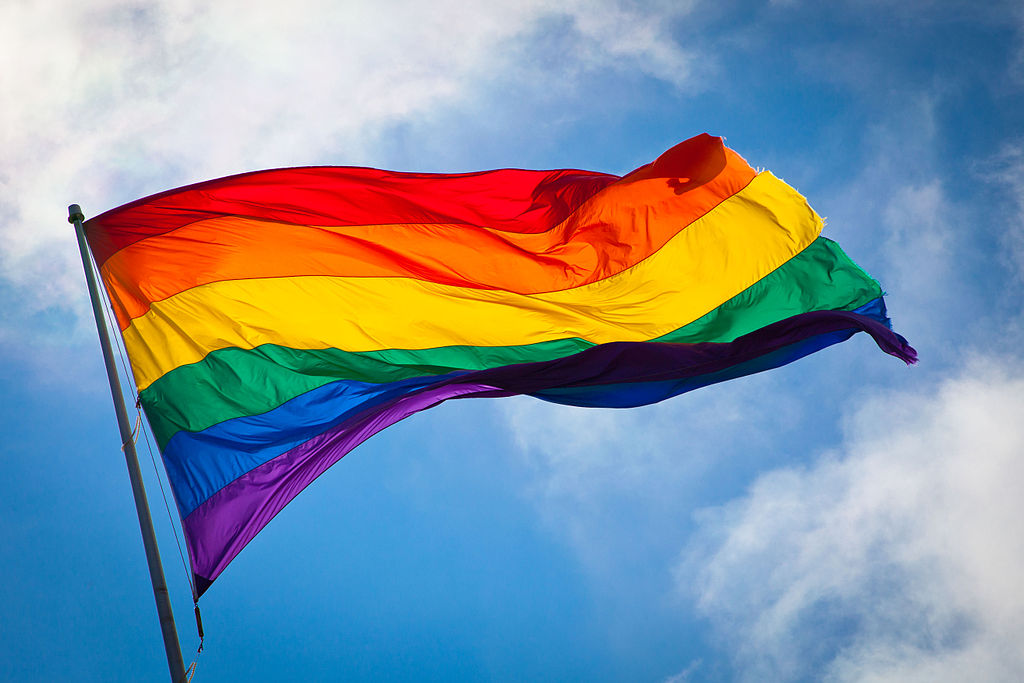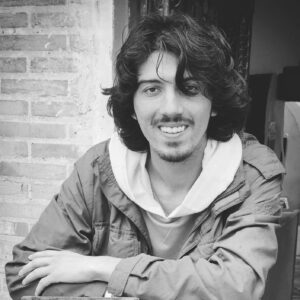The LGBTQ community in Uzbekistan is facing increased repression in the wake of an attack on an independent blogger outside of his home in Tashkent.
Miraziz Bazarov, who has actively called for improved LGBTQ rights within Uzbekistan, was attacked by three unknown assailants with a baseball bat on the night of 28 March 2021. The attack was witnessed by at least one person, and led to Bazarov receiving multiple bruises, a leg fracture and a brain injury.
Want more Central Asia in your inbox? Subscribe to our newsletter here.
Bazarov had been gaining notoriety in some parts of Uzbekistani society for his open views on gay rights, advocating for the decriminalisation of same-sex relations for example. He has also criticised the government on numerous other counts, including on President Shavkat Mirziyoev’s COVID-19 response, instances of corruption and misuse of IMF loans.
Bazarov mostly communicates these messages through his Telegram channel and TikTok account. He has gained popularity and attention to the point where he was summoned by the state security services (SGB) in 2020 over an open letter he wrote to the IMF contesting what the loans will actually be used for in Uzbekistan.
Harsh anti-LGBTQ laws
Currently, Uzbekistan punishes the crime of “sodomy” by up to 3 years in prison. Gay Uzbek men are often harassed by members of the public or choose to leave for fear over the safety of themselves or their families.
Bazarov has been notably vocal in opposition to homophobia within Uzbekistan, often making political points in videos and sometimes controversial remarks in public. He usually frames his support for improving these rights as about personal autonomy, insisting he is not an LGBTQ activist but concerned with privacy.
This attack comes at a time of more visible tensions between the LGBTQ community and other parts of the public. On 28 March, the same day that Bazarov was assaulted, an all-male crowd was recorded marching in Tashkent chanting “Allahu Akbar”, or “God is Great”, apparently in a show of defiance against the LGBTQ community.
It is unclear on the size or origins of the crowd, but it is alleged they attempted to attack two people they perceived to be LGBTQ activists in Tashkent’s Amir Temur square. Some arrests were made, but it is unknown if this has led to convictions and there are mixed accounts of what specifically occurred.
Although it is not yet confirmed that the attack on Bazarov was motivated by homophobia, it is likely given how vocal his comments have been and the conflict which transpired on the same day in Tashkent. Bazarov has also made it clear that he has received multiple threats on these grounds leading up to the attack, and had alerted police ten times before with no action previously taken.
Increased repression
The attack on Bazarov also correlates with increased repression against the already marginalised LGBTQ community in Uzbekistan. It also comes after calls to decriminalise homosexuality led to anger and claims it would destroy traditional values.
The Polish journalist Agnieszka Pikulicka-Wilczewska, who reports from Uzbekistan, tweeted on 29 March: “The security services are now actively searching for gay men. showing pictures of individuals they suspect of being gay and putting immense pressure on people to give away info about the LGBT community… This is the new #Uzbekistan.”
Read more: Uzbekistan: harassment incident underlines mistreatment of journalists
Pikulicka-Wilczewska has also claimed her boyfriend and several others were questioned by the authorities because they were present at the hospital where Bazarov was being treated after the attack.
This paints a bleak picture for the LGBTQ community in Uzbekistan, with the authorities often showing indifference. Victims also say the police choose to blame them for violence.
As of early April, Bazarov remains in hospital.
Tommy Hodgson
Novastan.org
For more news and analysis from Central Asia, follow us on Twitter, Facebook, Telegram, Linkedin or Instagram.
 Uzbekistan: pro-LGBTQ blogger victim of violent attack
Uzbekistan: pro-LGBTQ blogger victim of violent attack 



